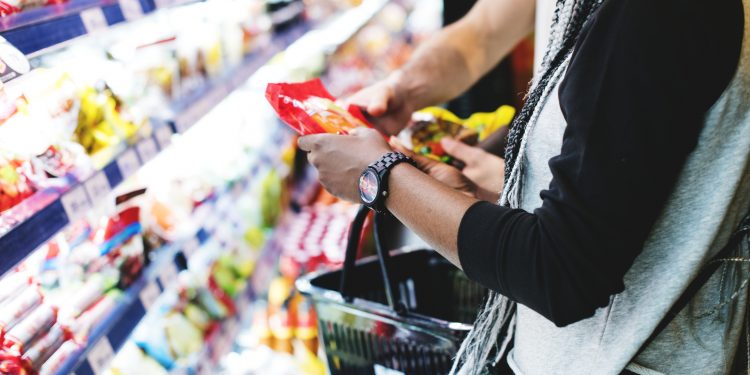Invest in technology, pilot and prove the system concept, and then expand the market presence and consumer adoption. This is one way to view how Amazon runs its business portfolio.
Its Amazon Go stores have followed this approach. Since its first autonomous checkout store opened to the public in Seattle in January 2018, Amazon Go has grown to nearly 20 stores in major cities throughout the country. It’s been reported that Amazon will open a significantly larger store, about 10,000 sq. ft. in size compared to the typical 2,000 sq. ft. Amazon Go.
This will open up possibilities for Amazon to install autonomous checkout technology in its own grocery stores or license it to other firms. Not to mention that Amazon is thought to be considering versions of Amazon Go in airports, arenas, malls, and movie theaters. Merchants are watching with great interest as this aligns with consumers’ grab-and-go food and beverage shopping that includes a seamless payment transaction. Both autonomous checkout and mobile app self-checkout systems will become more available for retailers looking to take a step forward into reducing cashier-staffed checkout lanes.
A Bloomberg.com article, excerpted below, discusses more on the topic:
Amazon.com Inc. is preparing to open Amazon Go supermarkets and pop-up stores, an expansion of the company’s cashierless ambitions that includes the possibility of licensing the technology to other retailers.
The new store formats and licensing initiative could launch as soon as the first quarter of 2020, according to a person familiar with the project. Amazon is testing a supermarket equipped with Go technology in a 10,400-square-foot retail space in Seattle’s Capitol Hill neighborhood.
The Go expansion is the e-commerce giant’s latest attempt to compete in the $900 billion U.S. grocery industry and perhaps other areas of retail, as well. The company already operates the Whole Foods Market chain and last week confirmed plans to launch a separate supermarket brand, starting with a location in the upscale Woodland Hills neighborhood of Los Angeles. Those stores will have human cashiers. The previously unreported plan to expand Go revives Amazon’s original vision of creating full-size grocery stores without checkout lines.
Overview by Raymond Pucci, Director, Merchant Services at Mercator Advisory Group











